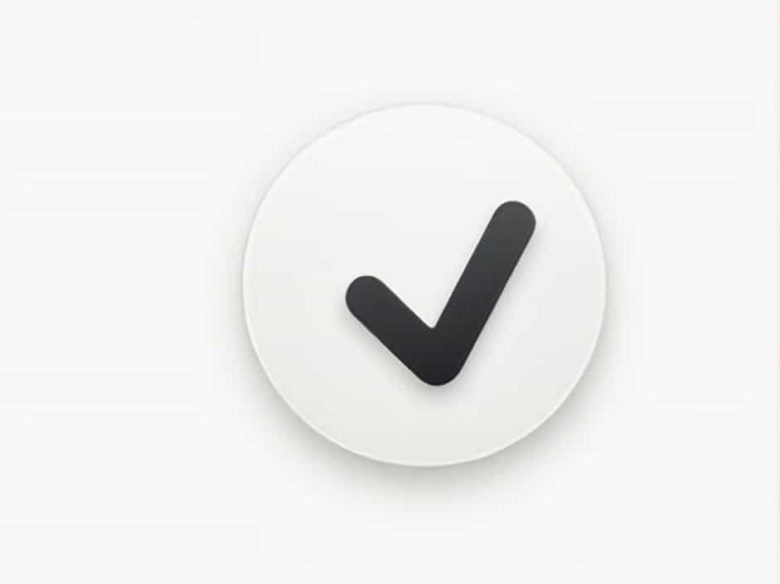Many people struggle with feelings of laziness especially when they can’t seem to get things done. But what if the issue isn’t laziness at all? Lack of motivation mental exhaustion or even external pressures can often make someone appear lazy when in reality they are dealing with deeper challenges.
Understanding the true causes behind procrastination and low energy levels can help individuals break free from guilt and find more effective ways to stay productive.
What Does It Really Mean to Be Lazy?
Laziness is often defined as an unwillingness to do work or make an effort. However many people who think they are lazy are actually experiencing:
- Mental fatigue from too much stress.
- Burnout caused by overworking in the past.
- Lack of motivation due to uninspiring tasks.
- Executive dysfunction from conditions like ADHD or anxiety.
- Unclear goals that make it hard to take action.
Instead of labeling yourself as lazy it’s important to examine what’s truly preventing you from getting things done.
Signs That You Are Not Actually Lazy
1. You Want to Be Productive but Feel Stuck
If you constantly tell yourself “I need to do this” but struggle to take action the problem is not laziness—it’s a mental block. Many people feel overwhelmed by large tasks and don’t know where to start.
2. You Feel Guilty About Not Doing Enough
Laziness often comes with indifference but if you feel guilty or frustrated about not being productive you likely care a lot. This guilt suggests that you have the drive to succeed but might be struggling with energy management.
3. You Get Things Done When You’re Interested
If you can focus for hours on something you enjoy but struggle with other tasks you may not be lazy. Boredom and lack of passion can make certain responsibilities feel exhausting.
4. You Feel Tired Even After Resting
Chronic fatigue mental exhaustion or emotional stress can drain your energy making even small tasks feel impossible. This isn’t laziness—it’s your body telling you that something is off.
5. You Work Well Under Pressure
If you tend to procrastinate but suddenly get a burst of energy right before a deadline this could be due to how your brain processes motivation. Some people need a sense of urgency to get started.
Common Causes of Low Productivity
1. Burnout and Mental Exhaustion
Burnout happens when you push yourself too hard without enough rest. Over time this leads to exhaustion making it difficult to focus and stay motivated.
Solution: Prioritize self-care set boundaries and give yourself time to recharge.
2. Fear of Failure
Many people avoid tasks because they’re afraid of doing them wrong. This perfectionist mindset creates anxiety leading to procrastination disguised as laziness.
Solution: Accept that progress is better than perfection. Break tasks into smaller steps to reduce overwhelm.
3. Lack of Structure and Routine
Without a clear plan it’s easy to feel lost and unmotivated.
Solution: Set a daily schedule create a to-do list and stick to small manageable goals.
4. Depression or Anxiety
Mental health issues can make even simple tasks feel impossible. If you often feel tired unmotivated or uninterested in things you used to enjoy mental health could be a factor.
Solution: Seek professional support practice self-care and be kind to yourself.
5. Distractions and Overstimulation
Social media notifications and constant interruptions can weaken focus and make it hard to complete tasks.
Solution: Reduce distractions by setting specific work hours and using productivity tools like timers or website blockers.
How to Increase Productivity Without Feeling Overwhelmed
1. Use the 5-Minute Rule
Tell yourself you’ll work on something for just five minutes. Often getting started is the hardest part and once you begin you’ll likely keep going.
2. Break Tasks into Smaller Steps
Instead of saying “I need to write an essay” start with “I will write the introduction”. Breaking work into small sections makes it less overwhelming.
3. Find Your Most Productive Time
Some people work best in the morning while others are more focused at night. Identify when your energy levels are highest and schedule your most important tasks during that time.
4. Make Tasks More Engaging
If a task feels boring try changing your approach. Listen to music turn it into a game or set up a reward system to stay motivated.
5. Practice Self-Compassion
Instead of beating yourself up for being “lazy” recognize that everyone struggles with productivity sometimes. Be patient with yourself and focus on progress not perfection.
Laziness is often a misunderstood concept. In many cases people who feel lazy are actually burnt out unmotivated or mentally exhausted. By identifying the real causes behind low energy and productivity it’s possible to break free from guilt and develop healthier work habits.
Next time you feel stuck remind yourself: “I’m not lazy—I just need the right strategy to regain my motivation.”

